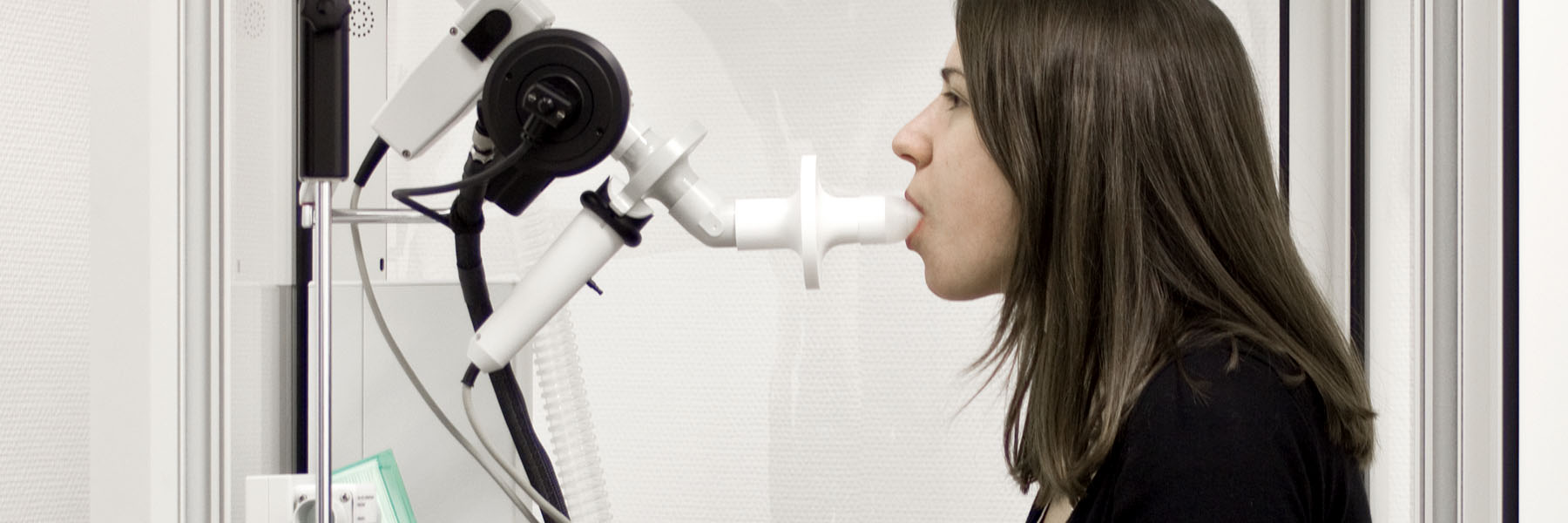How a study works
For patients, a study can be divided into three phases:
Initial testing:
During a personal consultation with a doctor, you will receive in-depth information about the substance being tested, what conditions need to be met in order to participate in the study, and details of how the study will proceed. Any unanswered questions or concerns will also be addressed during this phase.
A physical examination will only take place if you have formally agreed to take part in the study. The exam usually involves taking blood, performing an ECG (electrocardiogram), a lung function test and measuring blood pressure and pulse.
Treatment phase:
During the study, different tests such as lung function tests, ECGs or blood samples will be performed on specific days. This allows doctors to gather reliable information on a drug’s effectiveness, e. g. compared to other drugs or to a so-called ‘placebo’ (fake drug).
Final examination:
Usually, the same tests that were performed during the initial phase are repeated during this phase. Based on the information gathered during the study, the doctor will recommend an individualised therapeutic regimen as a basis for further treatment.
During the study
You will receive all the pertinent medical findings and test results in one binder to give to your GP or specialist. During a personal consultation we will provide you with all the relevant information and explanations that you need. Please feel free to contact us at any time during the course of the study, even out of hours, if you have any questions or concerns.

